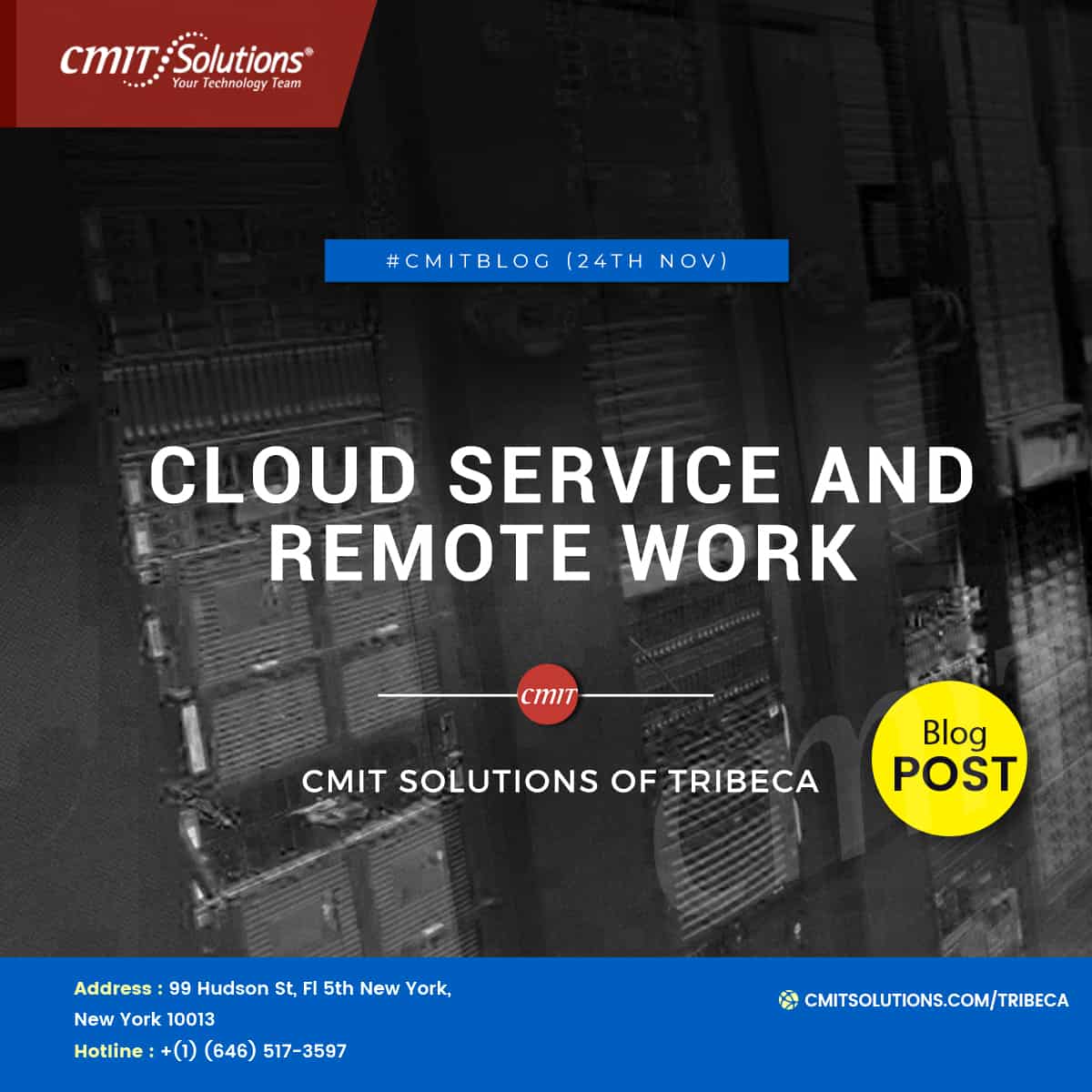Why MSPs are in-demand for remote work employees
The majority of companies have switched to a remote workforce after lockdown. While some giant corporates already had WFH policies in place, making such a switch is never easy. It is an arduous task. If your company is already equipped with cloud services, that gives you an edge over the others, and you are in a great position to cope up with any changes the transition may present. How an MSP helps? A skilled Managed Services Provider can help you scale your cloud resources and securely incorporate personal devices and home office workstations to ensure that your employees don’t miss a day of work; and the company keeps running.
The most talked-about tools at present are Azure AutoScale and Microsoft Teams when it comes to cloud service and remote work.
Azure AutoScale
Azure AutoScale is a built-in feature in Microsoft’s cloud and mobile services, virtual machines, and websites. Autoscale’s purpose is to have applications perform optimally despite the fluctuating demand. That means even if the demand on your website suddenly increases, your applications will run smoothly and conserve memory during downtime. With AutoScale, you can set metrics based on your unique business data. Let’s take an instance, if your site experiences high mid-week traffic, AutoScale will increase your applications’ availability so that they run smoothly at peak hours. It also allows you to pre-plan metrics around holiday seasons and major events like product launches.
By reducing application use, your business streamlines IT spend. You can also dial down mobile services and virtual machines during the weekends when employees have logged out and resume normal operations on Monday morning.
Microsoft Teams
Ease Employee Onboarding options, and Collaboration features of Microsoft Teams are really helpful for remote work. Microsoft Teams is one stop for all of today’s best collaborative tools and delivers a unified user experience. The platform offers several next-generation features like Voice-over-IP telephony, smart chat, hosted meetings, AI-powered transcriptions, notes, and more. These features collectively provide a faster and more efficient user experience. Other features like content archiving and retention for easy discovery and data compliance are bonuses. Moreover, interactive meetings featuring real-time communication, files, and project boards make remote work better.
The Teams interactive interface allows users to create projects, invite team members, and share files easily. Users can keep track of deadlines and provide real-time feedback. Administrators have the option of scheduling and use the shift management features to delegate tasks while monitoring progress.
As teams are part of the Office 365 suite, it delivers the latest and advanced security for employees and clients. It also enforces two-factor authentication, both at the individual, group, and organization levels. It also uses data encryption in transition and at rest, and all files in Teams, are stored through Microsoft SharePoint.





